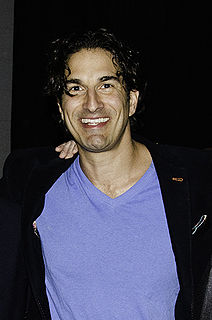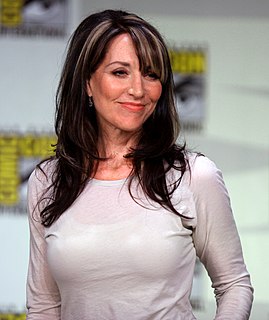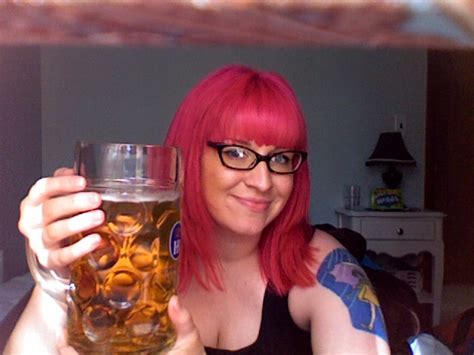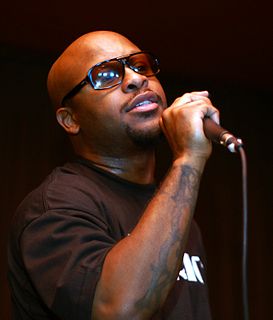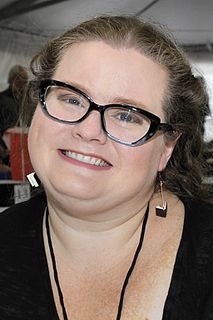A Quote by Harold Pinter
The Room I wrote in 1957, and I was really gratified to find that it stood up. I didn't have to change a word.
Related Quotes
I will never forget that the only reason I'm standing here today is because somebody, somewhere stood up for me when it was risky. Stood up when it was hard. Stood up when it wasn't popular. And because that somebody stood up, a few more stood up. And then a few thousand stood up. And then a few million stood up. And standing up, with courage and clear purpose, they somehow managed to change the world.
All of you are aware of the tragic history of racism in America, but for a very long time, African-Americans and their white allies came together and they struggled and they stood up for justice and they stood up to lynching and they stood up to segregation and the stood up to a nation where African-Americans couldn't even vote in America.
I like to look up the formal definitions of words that I'm already familiar with and sometimes you find out a word means something you didn't already think of, you know? I looked up the definition of "upset" and it was something like, "To be filled with uneasiness and anxiety," and I feel like that all the time, so I was like, "That's appropriate." But also it's a name that when you hear it, you wouldn't assume that it's any certain type of band. It kind of has room to grow into and make it redefine the word.
I wrote a book. It sucked. I wrote nine more books. They sucked, too. Meanwhile, I read every single thing I could find on publishing and writing, went to conferences, joined professional organizations, hooked up with fellow writers in critique groups, and didn't give up. Then I wrote one more book.
And this has been man's stupidity - a very ancient one: whenever he gets into difficulty, he changes the word. Change the word marriage into soul mates, but don't change yourself. And you are the problem, not the word; any word will do. A rose is a rose is a rose...you can call it by any name. You are asking to change the concept, you are not asking to change yourself.
Imagine if we started raising generations of children who stood uncompromisingl y on the Word of God, knew how to defend the Christian faith, could answer the skeptical questions of this age, and had a fervor to share the gospel from the authority of God's Word with whomever they met! This could change the world.



